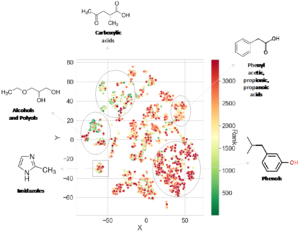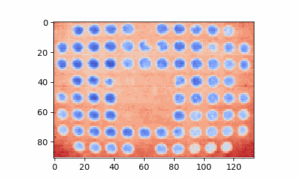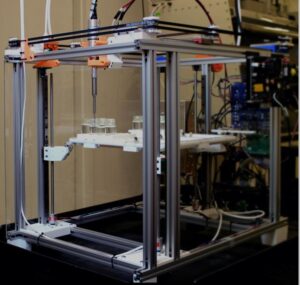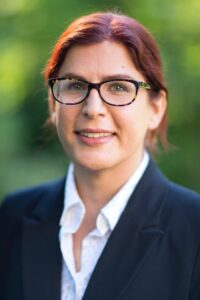School Seminar: Professor Lilo D. Pozzo; University of Washington
Wednesday, 1 September 11:00am – 12:00pm
This seminar will be delivered via Zoom – Please email chemistry.researchsupport@sydney.edu.au for zoom link and password.
Speaker: Professor Lilo D. Pozzo; University of Washington
Host: Dr Derrick Roberts
Title: Opportunities in Experimental High-Throughput Materials Research
Abstract: The adoption of data-sciences within chemical engineering and materials science is primed to revolutionize materials discovery and to accelerate developments in molecular understanding. Yet, this movement is still dominated by data and information originating from molecular modelling and simulation, or that is acquired from legacy sources (e.g. databases, literature mining) accumulating data from decades of careful experimental work. In order to advance data-driven materials developments well into the future, high-throughput experimentation (HTE) and automation throughout the complete laboratory workflow must also be developed and widely adopted to accelerate rates of experimental data production. In this talk I will outline several examples and experiences showcasing how researchers in our group (and others) are developing and adapting hardware and software infrastructure to accelerate the pace of molecular discovery in soft-matter systems for applications in health care, clean energy and materials synthesis. The talk will highlight recent research examples related to the implementation of HTE for colloidal formulation/synthesis and electrolyte design. I will also highlight significant challenges that emerge when transitioning from established ‘wet-laboratory’ practices to HTE. These relate to adapting routine experimental methods to HTE, developing new skills within the research workforce, the adoption of new data stewardship practices, financial and infrastructure obstacles, needs for autonomous data sorting/classification, algorithms for automatic modeling and analysis and many others. Conversely, I will also highlight the numerous opportunities that can emerge for enhancing virtual collaboration, enabling open data/hardware/software sharing, tackling challenging irreducible problems (e.g. optimization of complex formulations), and outlooks for the implementation of self-driving laboratories.
Biography: Prof. Pozzo’s research interests are in the area of colloids, polymers and soft-matter systems. Her research group focuses on controlling and manipulating materials structure for applications in health, alternative energy and separations. Her group also develops and utilizes new advanced measurement techniques based on neutron and x-ray scattering. Prof. Pozzo obtained her B.S. from the University of Puerto Rico at Mayagüez and her PhD in Chemical Engineering from Carnegie Mellon University in Pittsburgh PA. She also worked in the NIST Center for Neutron Research as a post-doctoral fellow and is currently the Boeing-Roundhill Professor of Chemical Engineering at the University of Washington where she has served since 2007. She is also chairs the Department of Materials Science and Engineering at UW. In addition to her research activities, she is also dedicated to improving engineering education with course development in areas of entrepreneurship and service-oriented global engagement.




Lilo D. Pozzo, Boeing-Roundhill Professor of Chemical Engineering
Interim Chair of Materials Science and Engineering
University of Washington

